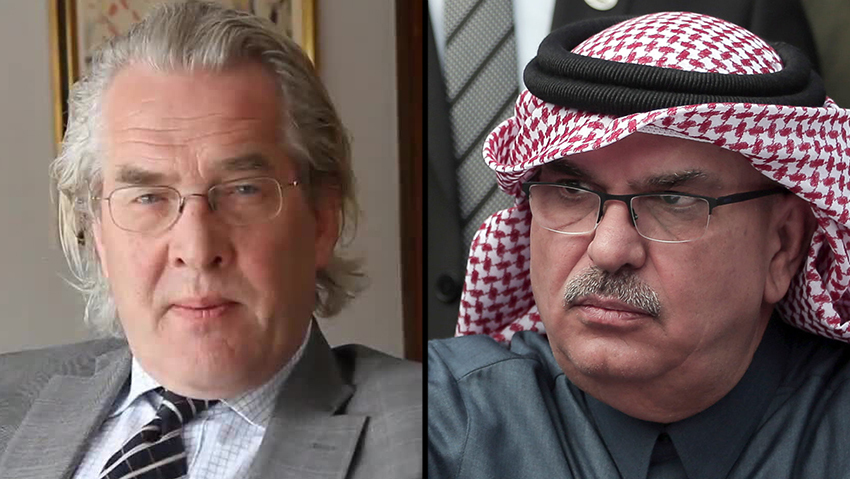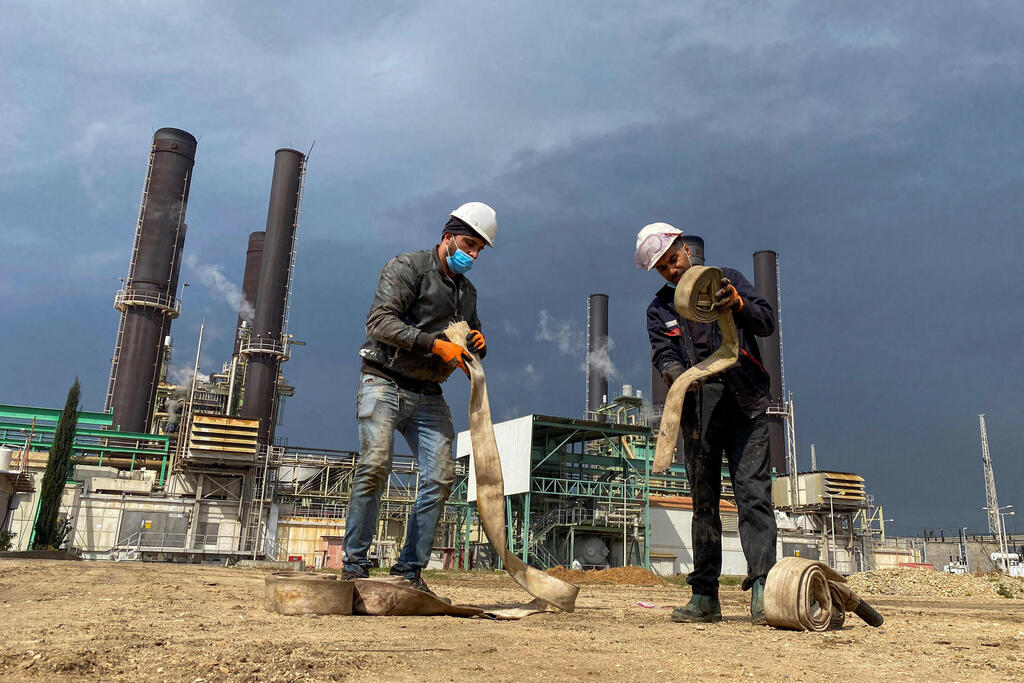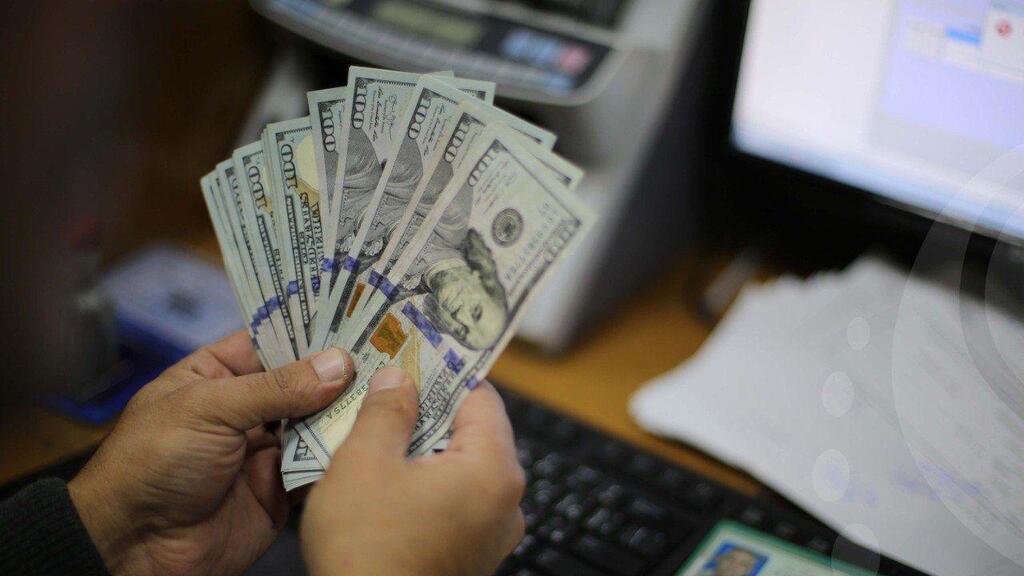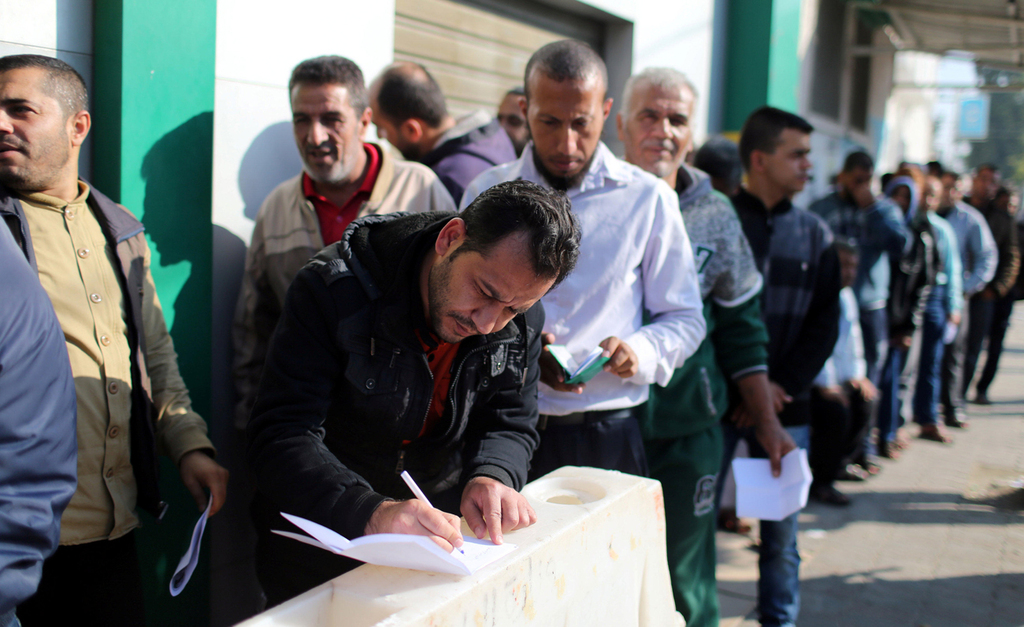Getting your Trinity Audio player ready...
Israel on Thursday agreed to resume the transfer of Qatari aid money to the Gaza Strip following an agreement between Doha and the UN over the transfer mechanism.
Qatar has provided hundreds of millions of dollars to Gaza's poorest families in recent years. The funds have been a key source of stability for the impoverished territory, where unemployment is hovering at around 50%.
But since the May war, Israel has blocked the payments, insisting on safeguards that none of the money will reach Hamas. Under the system before the war, some $30 million in cash was delivered in suitcases to Gaza each month through an Israeli-controlled crossing.
According to the deal between Qatari envoy to the enclave Mohammed al-Emadi and UN Special Coordinator for the Middle East Peace Process Tor Wennesland, the Gulf kingdom will send $100 allotments to 100,000 impoverished families in the strip, who will receive it by the international organization's World Food Program.
4 View gallery


UN Special Coordinator for the Middle East Peace Process Tor Wennesland and Qatari envoy to the Gaza Strip Mohammed al-Emadi
(Photo: AP)
The families will be given a special rechargeable card with which they can withdraw the money from banks in Gaza.
The grant will also include funding for the purchase of fuels from Israel to maintain the enclave's sole power station operating.
However, the agreement did not include salaries to Hamas clerks, estimated to be at millions of dollars a month.
4 View gallery


Workers are seen at Gaza's lone power plant, in the central Gaza Strip
(Photo: Reuters)
Although Israel is not involved in the mechanism, security officials have been working behind the scenes for the past several months to finalize the outline, among them the IDF Coordinator of Government Activities in the Territories Maj.-Gen. Ghassan Alyan and approved the list of candidate families.
Since the end of the latest Israeli-Palestinian conflict in May, Hamas has threatened to reignite violence on the southern frontier if the money is withheld.
It is yet unclear whether the Islamist terror group will approve of the outline without payment to its activists. Earlier this week, Palestinian militants fired a rocket into Israel for the first time since May. Israel did not respond to the rocket attack, indicating that diplomatic efforts were making progress.
Defense Minister Benny Gantz said the outline will ensure the money reaches "those who truly need it."
He added that he had been in contact with Qatari officials, who "understood the Israeli need" to make sure the funds do not end up in the hands of Hamas.
Gantz also said that Israel will continue to be in contact with the Palestinian Authority, which it sees as the only legitimate representative for the Palestinian people, in order to see whether an additional mechanism could be reached.
Palestinian banks in the West Bank feared potential legal action against them over funding and supporting terrorism for facilitating the transfer of money to Hamas operatives.



